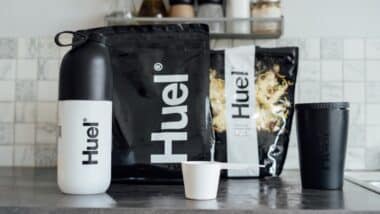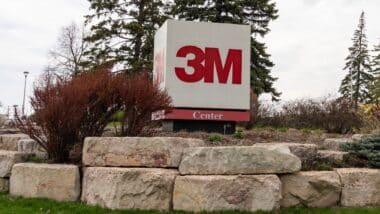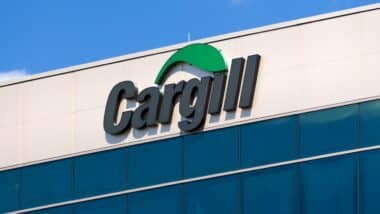 TD Bank, headquartered in Toronto, is among a number of financial institutions suspected of opening a fake bank account without the permission of associated patrons.
TD Bank, headquartered in Toronto, is among a number of financial institutions suspected of opening a fake bank account without the permission of associated patrons.
Wells Fargo, a bank that achieved notoriety through the practice of fake bank account opening to meet sales goals, was written up in the press throughout 2016 and 2017. This press coverage raised questions as to whether other financial organizations like TD Bank may use similar tactics to achieve greater profit margins.
This well-publicized story indicated that Wells Fargo set sales targets for employees which were outrageously high and purportedly unrealistic. Motivated to reach these goals through bonuses, employees started to open a fake bank account for existing customers, without those customers’ knowledge or consent.
This resulted in 3.5 million established fake bank account openings that included Wells Fargo credit cards, sign-ups for banking services not requested such as internet bill pay, and additional checking and savings accounts.
As patrons started racking up various fees related to the fake bank account openings such as interest and overdraft charges, complaints led to the investigation which opened the lid on the profit-generating operation.
Fallout from this investigation led the Office of the Comptroller of Currency (OCC), a federal banking regulatory agency, to look further into the practices of TD Bank and up to 40 larger financial institutions.
The results of the OCC’s wider investigation were alluded to in an article published in June 2018 in American Banker. The OCC chose not to name specific financial organizations but indicated that the practice of fake bank account opening was much more ubiquitous in the industry than thought.
Further elaboration on the part of the OCC established that the causes of this trend were numerous and sometimes not entirely purposeful. Among them were a lack of enforcement when it came to account opening and closing procedures. This led to the appearance of fake accounts during the review, in cases where accounts had been opened but never used.
Another potential and likely cause for the trend of fake bank account tactics was the establishment of short-term sales promotions among employees without associated risk control protocol.
Finally, the OCC also believed that there were isolated cases in their review where employees were engaged in individual misconduct separate from their co-workers. The OCC made it clear that they had no plans to publicize the names of banks where variances were found.
Signs that a Fake Bank Account Has Been Opened in Your Name
In order to open an unauthorized account, it is often necessary to start with a minimum balance, which often is as low as $25. If an unauthorized transfer of funds occurs, it is important to follow up on this with a representative of your bank.
A transfer may be just one sign that there may be unwarranted account opening occurring in your name. Another potential indicator are resulting overdraft fees from the transfer of funds. Finally, a credit report will identify all open sources of credit such as a credit card opened without the awareness of the patron.
Consumer advocates are now investigating the practices at TD Bank and other institutions, seeking evidence of possible fake account tactics. If you believe a fake bank account has been opened in your name, you may qualify to participate in this free investigation.
Do YOU have a legal claim? Fill out the form on this page now for a free, immediate, and confidential case evaluation. Some of the banks being investigated include:
- Bank of America
- BOK Financial
- Capital One
- HSBC
- Royal Bank of Canada
- TD Bank
The attorneys who work with Top Class Actions will contact you if you qualify to let you know if an individual lawsuit or class action lawsuit is best for you. Hurry — statutes of limitations may apply.
ATTORNEY ADVERTISING
Top Class Actions is a Proud Member of the American Bar Association
LEGAL INFORMATION IS NOT LEGAL ADVICE
Top Class Actions Legal Statement
©2008 – 2025 Top Class Actions® LLC
Various Trademarks held by their respective owners
This website is not intended for viewing or usage by European Union citizens.
Get Help – It’s Free
Join a Free Fake Bank Account Class Action Lawsuit Investigation
If your bank and credit union has engaged in deceptive overdraft fee practices, you may have a legal claim. Fill out the form on this page now to find out if you qualify!
An attorney will contact you if you qualify to discuss the details of your potential case.
PLEASE NOTE: If you want to participate in this investigation, it is imperative that you reply to the law firm if they call or email you. Failing to do so may result in you not getting signed up as a client or getting you dropped as a client.
In order to properly investigate fake bank account claims, you may be required to disclose bank statements to attorneys. Please note that any such information will be kept private and confidential.
Oops! We could not locate your form.












